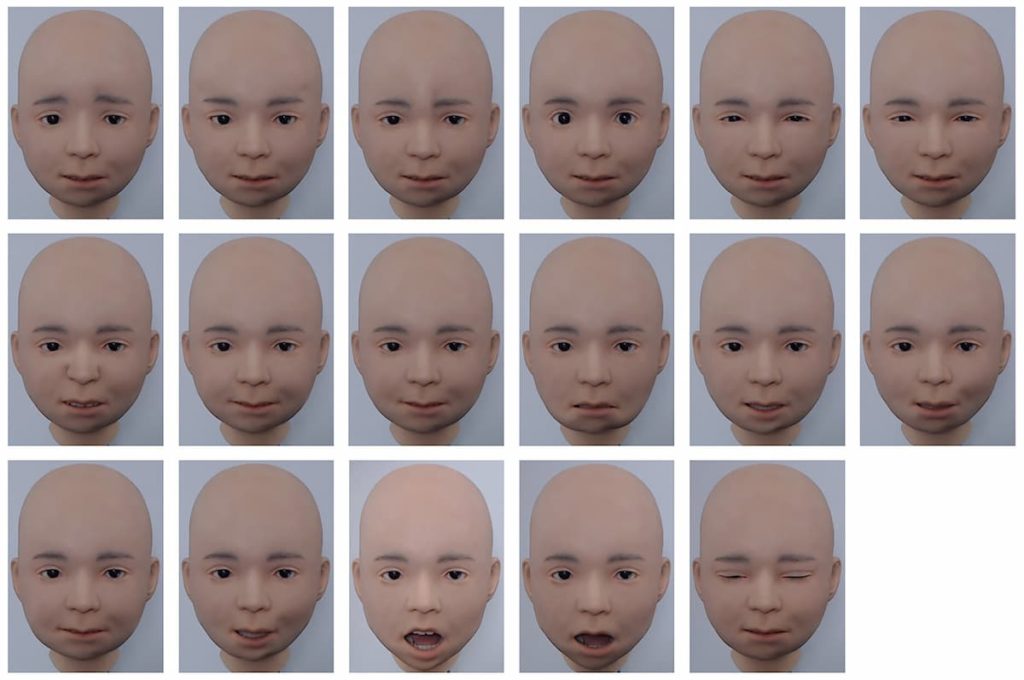
Scientists from RIKEN Guardian Robot Project in Japan have developed a robot named Nikola that can convey six human-like facial expressions.
According to an international news agency, the robot has a muscle-like mechanism in its face that allows it to convey emotions such as happiness, sadness, fear, anger, surprise and disgust.
Nikola’s face has 29 pneumatic actuators that control the movement of artificial muscles, with a further six actuators used to control head and eyeball movements.
‘Nikola’s silicone skin is less elastic than real human skin and cannot form wrinkles very well,’ the researchers explained.
‘Thus, emotions like disgust are harder to identify because the action unit for nose wrinkling could not be included.’
The scientists also found that the speed of different emotions have an effect on how realistic the emotions look.
For instance, the speed for expressing sadness is way slower than it is for surprise, the team added.
The bot currently does not have a body but its developers are hopeful that it will have a range of uses in the near future.
‘While Nikola still lacks a body, the ultimate goal of the Guardian Robot Project is to build an android that can assist people, particularly those which physical needs who might live alone,’ the researchers added.
‘Androids that can emotionally communicate with us will be useful in a wide range of real-life situations, such as caring for older people, and can promote human wellbeing.’ says lead researcher Wataru Sato.
From Ex Machina to I robot, humanoid robots have been staple features of science fiction blockbuster movies for years.
And now, lifelike robots are becoming more and more popular in the real world, and the latest offering is one of the most humanlike yet.
The cost of the currently available version of Nikola is still unknown.
https://ift.tt/4LuHDIV
https://ift.tt/R3CQ94N



0 Comments